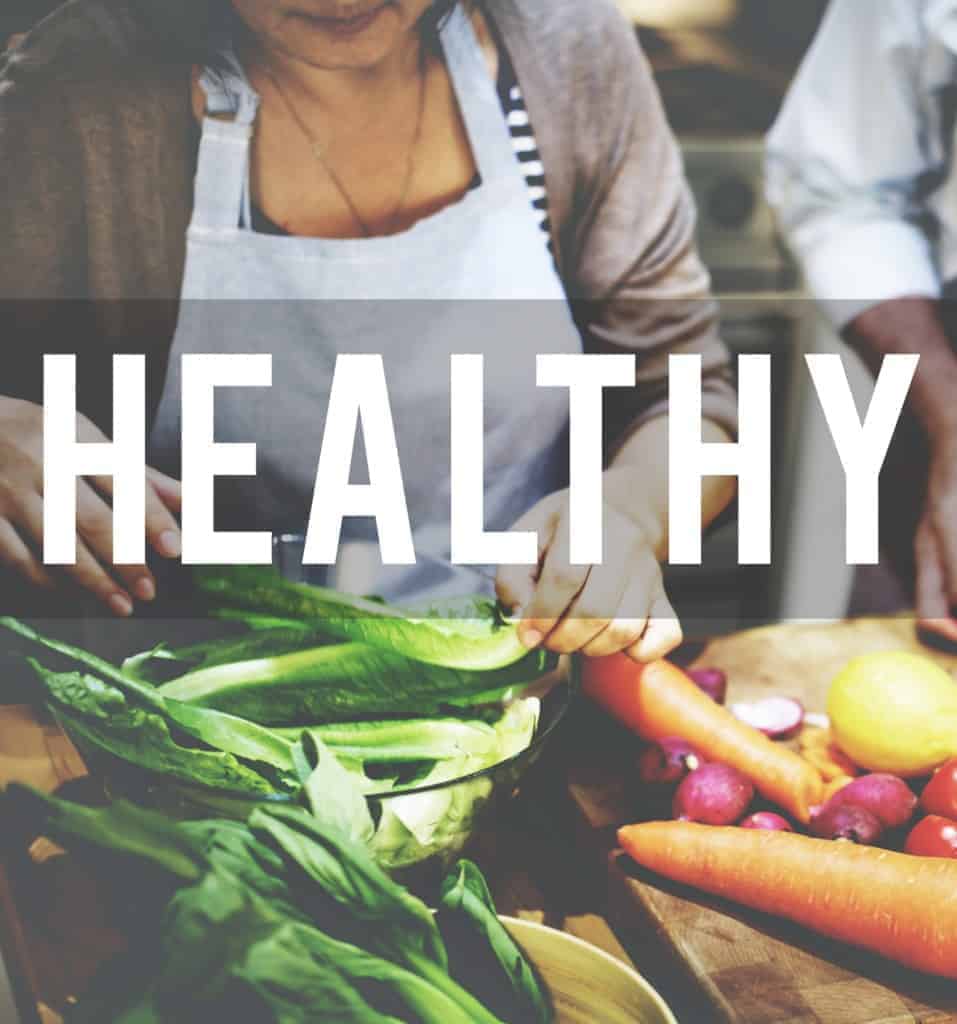Managing home isolation associated weight gain

 For anyone who has found themselves staring into the refrigerator at 8 p.m. during a commercial break, you know how boredom and sitting can lead to overeating. This is only magnified while in home isolation. While our usually packed schedules are empty, our waistlines seem to be filling out.
For anyone who has found themselves staring into the refrigerator at 8 p.m. during a commercial break, you know how boredom and sitting can lead to overeating. This is only magnified while in home isolation. While our usually packed schedules are empty, our waistlines seem to be filling out.
To slow or reverse isolation weight gain, take some time to learn your personal overeating triggers. Once you’ve identified these triggers, problem solve several ways to deal with them that will nourish your body without adding unwanted pounds. Here are common eating triggers and suggestions for managing them:
If sitting down triggers a snacking session:
The simple solution is to sit less. This can be accomplished by creating a quarantine schedule, breaking up sedentary time with short walks outside, setting a TV timer and sticking to it, or pairing sedentary tasks like television or reading with an activity such as stationary bike, hand weights, or knitting. When snacking, avoid eating out of large containers; better yet, portion out food items ahead of time and only eat this amount.
If you use eating as a way to transition between tasks:
Increase mindfulness around your physiological hunger. If you are eating for the sake of eating and not because you are truly hungry, choose not to eat. Dehydration is a common culprit tricking us into thinking we are hungry. Try drinking a calorie-free beverage to stay hydrated. Buy fun flavored tea bags without added sugar to make iced tea, or put last year’s frozen berries in a pitcher of water for homemade spa water.
If you find yourself emotional eating:
It is common to want to settle our emotions by eating. We are filling our stomachs which provides a sense of accomplishment, happiness, and grounding. Find which emotions lead you to turning to food and ask yourself what you are actually hungry for. Occasional emotional eating is fine, but try to honor and balance your emotions in non-food ways daily.
If stress-shopping led to a cupboard full of unhealthy foods:
Use your food police skills when grocery shopping. Before checking out, look at your cart and ask yourself if you are happy with this food being processed through your body. If yes, great, if not, consider which items you will return to the shelves. Try your hand at batch cooking; having healthy items in the refrigerator to eat will cut down on the highly-processed snacks which are easily overeaten and tend to be nutrient poor.
Self-care is crucial during this time of global isolation. It not only gives us plenty of time to assess our lives but also the opportunity to come out of isolation healthier than we were before the world shut down.
 Amber Phillips, MS, RD is a registered dietitian at Island Hospital. She has a Master’s degree in nutrition from Bastyr University in Kenmore, WA and a Bachelor’s degree in biology from Metropolitan State University, St. Paul, MN. Phillips has a keen interest in community education. “Nutrition advice can be confusing and sometimes conflicting,” says Phillips. “My role as a dietitian is to follow the latest research and make it easy to understand for my patients and the public.” To schedule an appointment with Phillips, call (360) 299-1300 x2567.
Amber Phillips, MS, RD is a registered dietitian at Island Hospital. She has a Master’s degree in nutrition from Bastyr University in Kenmore, WA and a Bachelor’s degree in biology from Metropolitan State University, St. Paul, MN. Phillips has a keen interest in community education. “Nutrition advice can be confusing and sometimes conflicting,” says Phillips. “My role as a dietitian is to follow the latest research and make it easy to understand for my patients and the public.” To schedule an appointment with Phillips, call (360) 299-1300 x2567.
Published on May 22, 2020
